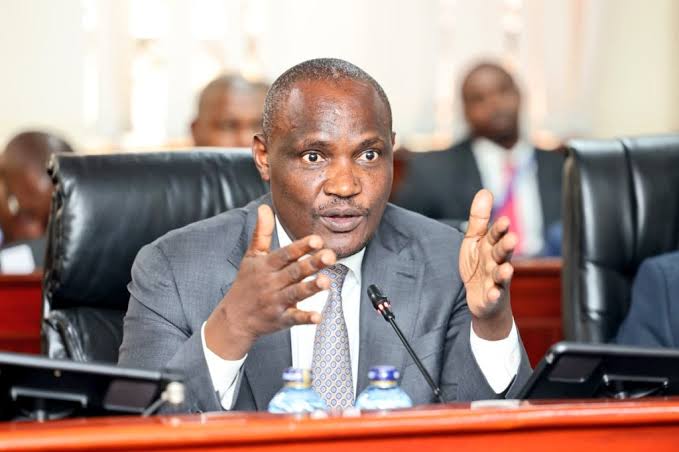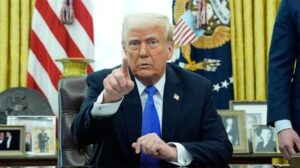John Mbadi’s appointment as Treasury Cabinet Secretary might have fulfilled his personal dream, but his conduct since stepping into office has raised serious questions.
Instead of offering solutions during tough economic times, Mbadi has chosen to inflame tensions both economic and tribal. His reckless statements about education funding have not only unsettled parents but also exposed his lack of sensitivity to the struggles of ordinary Kenyans.
Slashing capitation from KSh 22,244 to KSh 16,900 per student is not just a budgetary decision it’s an attack on the future of Kenyan children.
Families are already weighed down by the rising cost of living, and now they are being told to dig deeper into their pockets because Mbadi claims the government cannot afford to educate its children.
His so-called clarification that the statement was meant for policymakers, not the public, only adds insult to injury.
If his aim was truly to push for more funding, why publicly announce the cuts in the first place? It seems more likely that Mbadi was testing the waters for further reductions and only backtracked after facing backlash.But even more disturbing is Mbadi’s recent descent into tribal rhetoric.
In Nyatike, he blamed the Kikuyu community for Raila Odinga’s electoral losses, calling former President Uhuru Kenyatta a “dirty, drug addict.” Such language is divisive and dangerous.
Instead of owning up to ODM’s failures, such as botched nominations and the alleged misuse of KSh 200 million meant for voter mobilization in Nyanza, Mbadi is looking for scapegoats.
Social media users have rightfully called him out for spreading propaganda and hypocrisy. Not long ago, he branded Ruto a murderer of Luos, yet now he is one of his biggest defenders, parroting government lines and spreading ethnic hate.
The irony is glaring Mbadi is now attacking the very community that helped bring peace after the 2007 post-election violence, while comfortably sitting in a government he once condemned.
This is self-preservation masked as political duty. Mbadi’s actions show that he is more interested in clinging to power than protecting the unity of the country or the rights of Kenyan children to quality education. His tribal outbursts are not just offensive; they are reckless and unworthy of a Cabinet Secretary.
Kenya is bigger than any one politician’s ambition, and leaders who peddle hate while undermining vital public services have no business holding office. Mbadi must be held accountable for his words, his failures, and his betrayal of the values he once claimed to uphold.





















Add Comment